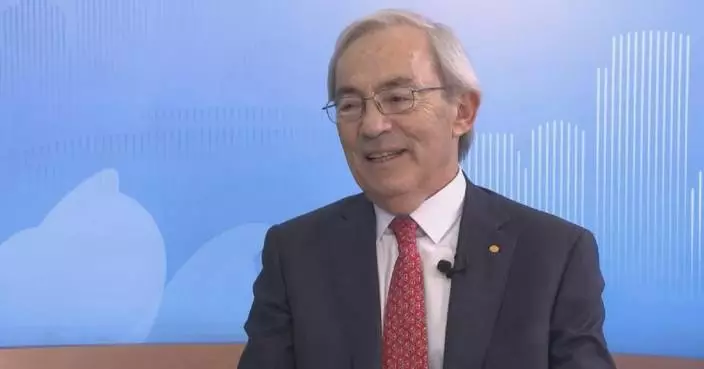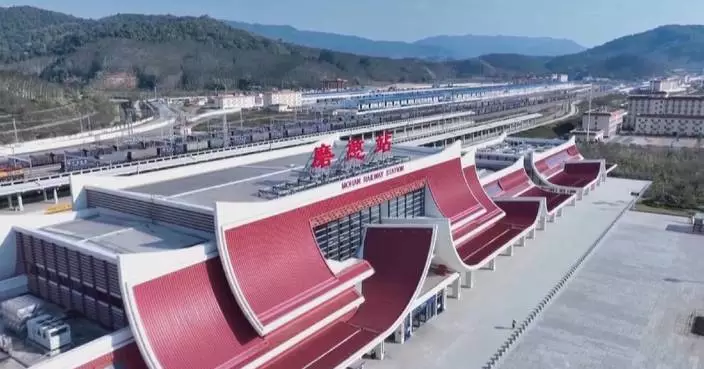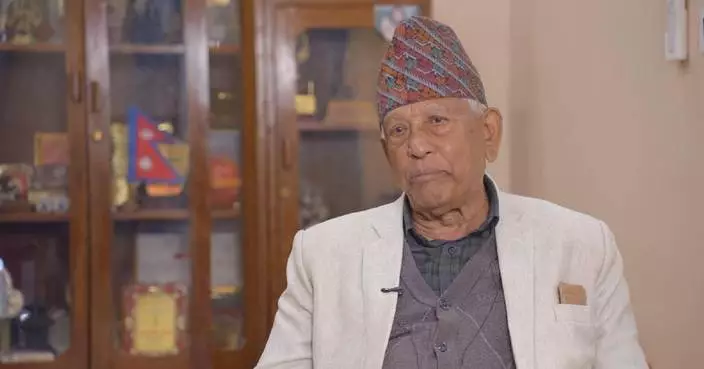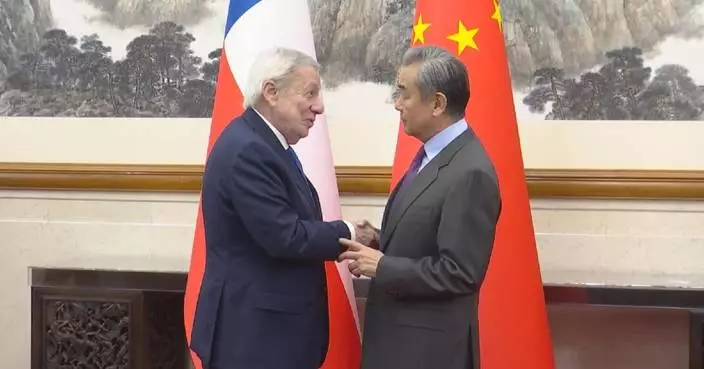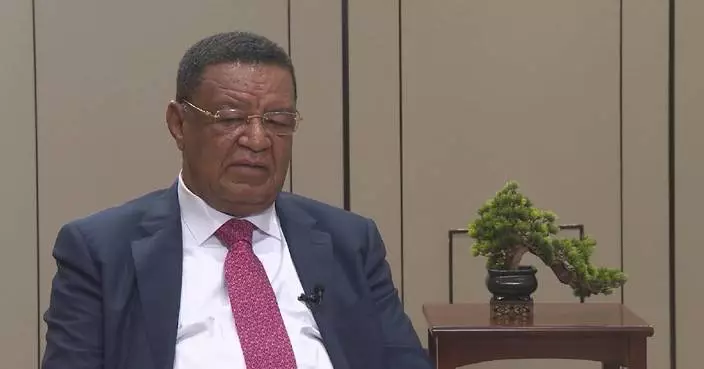Senior representatives from major regional news media organizations, gathering at the ongoing 12th Global Video Media Forum (VMF) in China, say they are looking to amplify the voices of the media in the Global South to help consolidate cooperation and friendship in an ever more challenging global environment.
The forum opened in Quanzhou in east China's Fujian Province on Tuesday, bringing together 200 media representatives from over 60 countries and regions in the historic coastal city.
By working more closely together, media organizations in the Global South can reap rewards that might otherwise be unavailable, according to Ahmed Nadeem, Secretary-General of the Asia-Pacific Broadcast Union.
"If we work together, there is an opportunity for us to bring out the best from these Global South countries who have much less resources," he said.
Other media representatives at the VMF stressed that in challenging times, it is even more important for developing countries to have their voices heard on the global stage.
"[The Global] South media have a lot of responsibility to build a new opinion," said Issoufou Sare, Director-General of BF1 Television.
"[The media can provide] solutions for misunderstandings or stereotypes. So the media have a major role. They can bridge our cultures and make us know each other better," said Feten Fardi, head of Arab and International Cooperation Unit, Arab States Broadcasting Union.
The event also witnessed the launch of the "Global South Media Dialogue and Cooperation Mechanism and Joint Initiative," a program to support closer cooperation led by China Media Group.
"That will help to promote our voices, our realities to make the world know better about our customs, realities, about our history, about our culture, customs, about our problems, but also our achievements," said Martin Hacthoun, chief editor of Press Latina News Agency.
The two-day VMF is being held under the theme "Intelligence Without Frontiers, Vision Beyond The Horizon -- Media's Role in Communication and Cultural Exchange."
Launched by the CCTV Video News Agency (CCTV+) in 2011, the VMF is an annual professional journalism forum focusing on the latest trends and innovations in news and journalism, which provides a highly specialized, unique and interactive platform for domestic and foreign media peers.
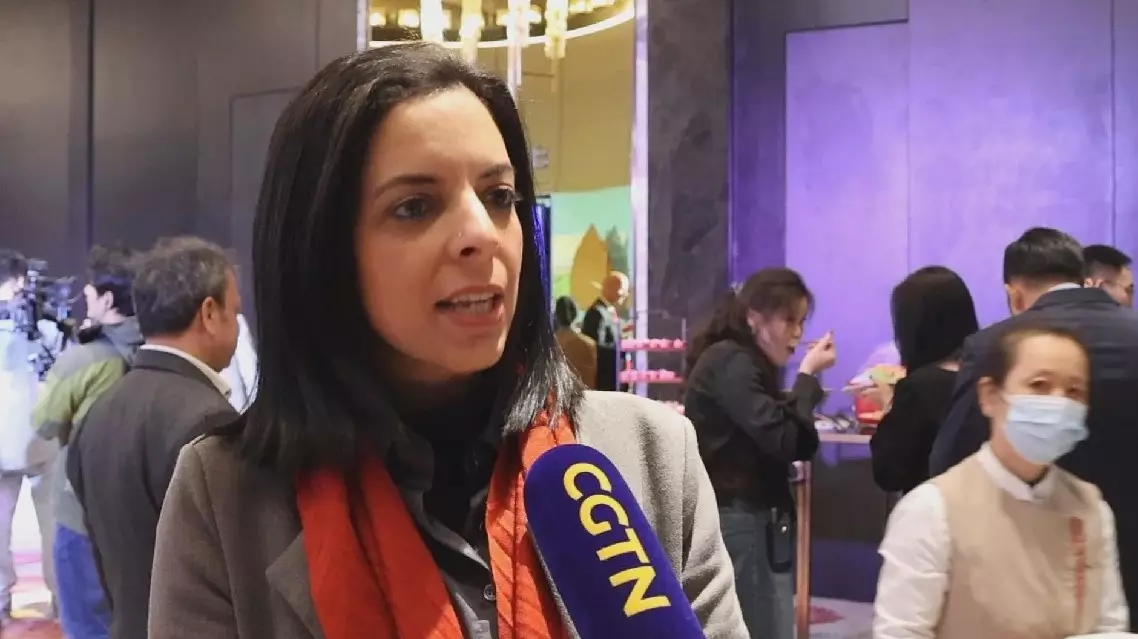
Media groups aim to amplify voice of Global South at VMF
South Korean financial markets have fluctuated violently in the wake of political turmoil and the short-lived implementation of martial law from Tuesday evening to Wednesday morning.
South Korean President Yoon Suk-yeol declared emergency martial law Tuesday night in a televised emergency address, claiming to eradicate "anti-state" forces and uphold free constitutional order, marking the first martial law declaration since the country's military dictatorship ended in the late 1980s. He lifted the order hours later in accordance with a vote by the country's parliament.
The won-dollar exchange rate fell to 1,446 won to the dollar during night trading after martial law was declared, the lowest in 15 years. The exchange rate has risen to 1,414 won to the dollar as of 18:30 local time (0930 GMT).
After lengthy deliberation, the South Korean government finally confirmed that the financial market would trade normally more than an hour before the opening, and the Korean Composite Stock Price Index fell by about 2 percent during the day.
Experts said that Yoon's maneuver was likely rooted in the country's financial and trade woes, noting that forceful measures may be necessary to ensure prolonged stability.
"It's not a positive time for South Korea. The memory chip cycle is on a downturn, as you can see that the October exports are in contraction, and the BOK had to cut rates, domestic demand is rather weak, so we really need a strong government to have a budget that is fiscally supportive, not for the short term but longer term to deal with a lot of challenges," said Trinh Nguyen, senior economist at investment banking company Natixis.
"Railroading efforts by the opposition party by the weekend to starve the presidential office and some of the offices that report to him of crucial revenue for next year, which for Yoon, I think, crossed the Rubicon a bit in terms of political maneuvers, and if anything was was one of the reasons why he was willing to escalate a bit and declare martial law," said Jeremy Chan, senior analyst for China and Northeast Asia at Eurasia Group.
In order to cope with continued market instability, the country's Ministry of Economy and Finance has geared up for measures including providing unlimited liquidity to financial markets when necessary.
Financial Services Commission on Wednesday morning stated that a stock market stabilization fund of 10 trillion won (about 7 billion U.S. dollars) will be put into operation at any time.
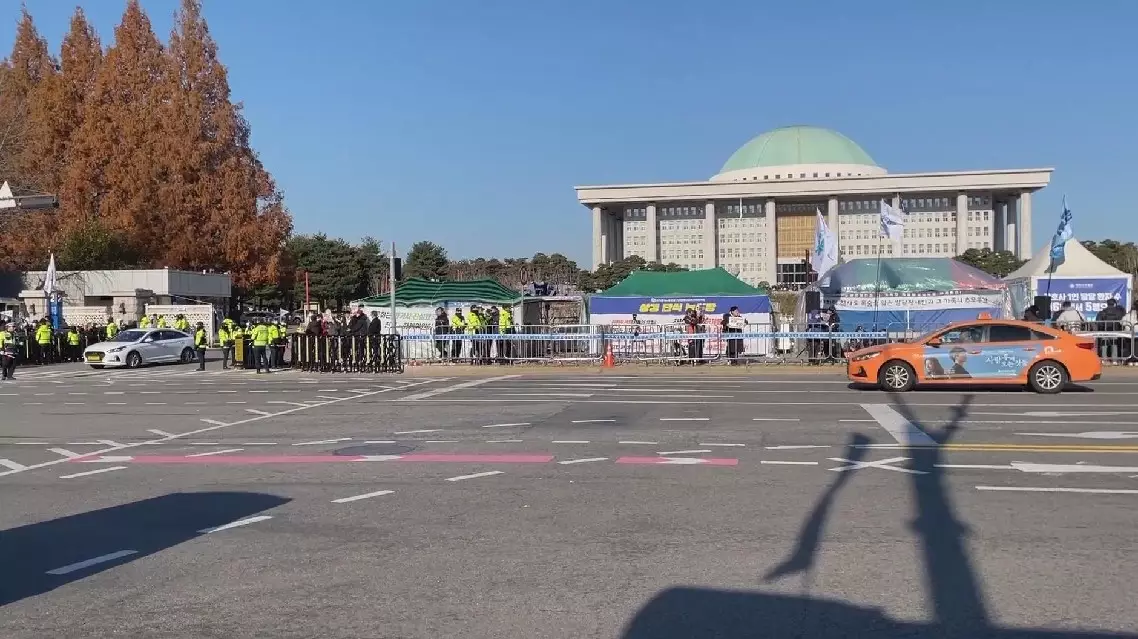
S Korean financial markets fluctuate sharply after martial law turmoil




